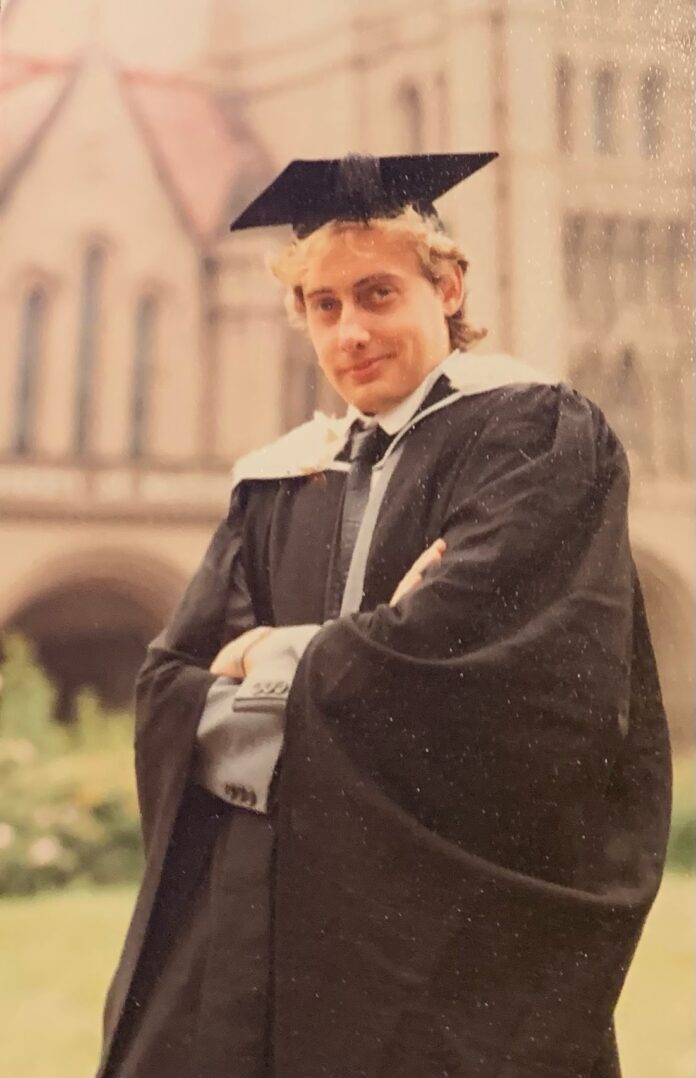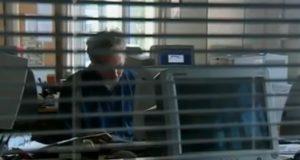- Lucy in the sky behind bars - 5th February 2026
- Sorry is the hardest word… - 4th February 2026
- Car trouble - 3rd February 2026

After gaining a degree in Politics and Modern History, 23 years with the BBC, as well as 38 years in journalism (when he was trained to use clear and simple language, avoiding jargon), our Editor, Welshman Phil Parry, understands better than most, the importance of learning the lessons of the past, and having long experience in the job.
Earlier he has described how he was helped to break into the South Wales Echo office car when he was a cub reporter, recalled his early career as a journalist, the importance of experience in the job, and making clear that the ‘calls’ to emergency services as well as court cases are central to any media operation.

He has also explored how poorly paid most journalism is when trainee reporters had to live in squalid flats, the vital role of expenses, and about one of his most important stories on the now-scrapped 53 year-old BBC Cymru Wales (BBC CW) TV Current Affairs series, Week In Week Out (WIWO), which won an award even after it was axed, long after his career really took off.
Phil has explained too how crucial it is actually to speak to people, the virtue of speed as well as accuracy, why knowledge of ‘history’ is vital, how certain material was removed from TV Current Affairs programmes when secret cameras had to be used, and some of those he has interviewed.

Before he has disclosed why investigative journalism is needed now more than ever although others have different opinions, and how information from trusted sources is crucial at this time of crisis.
Encountering situations which have an echo of past ones is hugely important.
The lessons from history are crystal clear, and are more paramount now than ever.

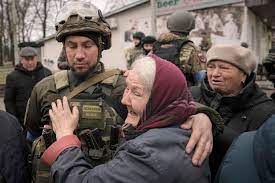
One of the reasons Vladimir Putin invaded Ukraine was to ‘protect’ the Russian-speaking people there, who he alleged were being oppressed.
One of the reasons Hitler went into the Sudetanland and then invaded Czechoslovakia in 1939, was to ‘protect’ the German-speaking people there, who he alleged were being oppressed.
One of the reasons the Crimean war started in 1853, was because the Russian Czar Nicholas 1 said he wanted to ‘protect’ the Russian-speaking people there, who he alleged were being oppressed by the Ottoman Empire.
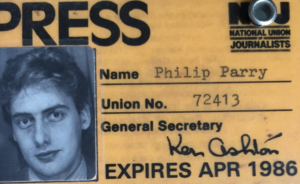 Knowledge like this applies no less in my field – journalism.
Knowledge like this applies no less in my field – journalism.
On a journalistic course in London once many years ago, a colleague told me that he had covered so many murder cases, his actions almost became automatic.
When I worked at a Cardiff news agency in the 1980s, a fellow reporter who taught me A LOT, asked me what I thought was the most important attribute a journalist could possess, and I came out with the usual stuff, a young idealistic journalist might say.
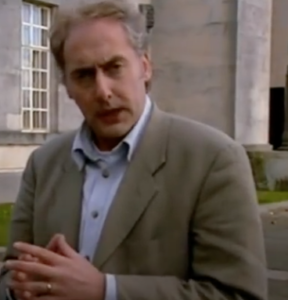
“‘INTEGRITY’ and ‘HONESTY’ – they are the most important things”, I declared rather pompously. “No”, he sighed wearily. “Those things are important, but before them comes EXPERIENCE”.
He was ABSOLUTELY right, and I have come to realise this more and more, as I have got older.
Apart from a keen knowledge of history helping to understand the unprovoked invasion of Ukraine, experience like this has also been highlighted for me by the terrible crisis there now. It hasn’t been easy to discover the truth about what is going on, but this is usually provided by journalists who have covered events in conflict zones before (although this incursion is the first major invasion on the continental European land mass since the Second World War).

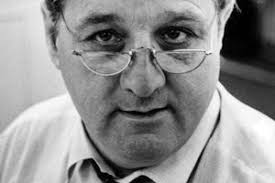
With experience, and a long history as a journalist, come key advantages. The early days held enormous significance which you weren’t aware of at the time.
I walked up the newsroom as a trainee reporter on the South Wales Echo (SWE) for the first time in 1983, which was shared with The Western Mail (WM). The News Editor at the time (the now sadly-departed Stuart ‘Minto’ Minton) said: “You’re early. Well done”. I felt 10 feet tall, even though I hadn’t done anything!
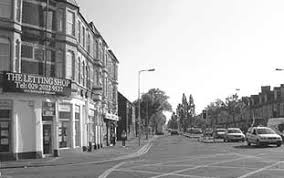
The pay was rubbish, under £5,000 a year, and you had to live in squalid flats, but none of that mattered when you were a young man in a hurry. Immediately after arriving on the SWE (which was then the biggest-selling newspaper produced in Wales), I was sent for basic journalist training in Newcastle, to learn about things like law, shorthand, and the workings of local government. We also wrote pieces for The Evening Chronicle and the morning paper The Journal.
This was the foundation stone of the experience I later gathered. It’s a bit of a bugbear of mine that this kind of training is apparently not seen as very important today. Yet I think ALL journalists should know how crucial facts are, and about the importance of giving accurate quotations.
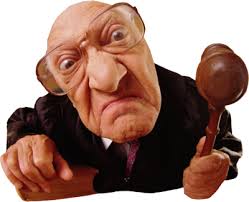
A knowledge of the law is vital, too. I have been wrongly threatened with libel countless times; including a threat from a fellow ‘journalist’ over a correct satirical piece, who used the extraordinary words “satire is no defence against libel” (it can be). He was meant to be one of the most senior journalists in Wales (and has, bizarrely, been promoted), yet plainly knows nothing about libel!
I applaud my then-employers (Thomson Regional Newspapers [TRN]) for recognising the importance of basic journalist training with law so central.
Once the first journalist exams had been passed, I was despatched back to Cardiff where I signed my two-year ‘indentures’, which was a very formal affair in the Managing Director’s (MD) office, involving such luxuries as BISCUITS! The MD of the WM and SWE (within TRN) was Howard Green, the father of the former deputy Prime Minister (although not called that) Damian Green. We thought it was extremely funny to turn his name around so he became ‘Green Howard’.
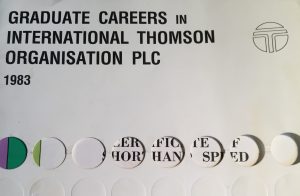

For those who came after me, I’m ashamed to say I was involved in a magnificent wind-up, when we persuaded the new trainee reporters of both the WM and SWE that they would have to sing a company song at the signing of the indentures! We even wrote it out for them, the only line of which I can remember is “from shore to shore, the pen is mightier than the sword!”
I saw them desperately learning the words before they went in!
There followed an endless round of stories about damp council houses and down-page news about poor individuals in Cardiff Magistrates Court, many of whom were up for stealing cars, or Taking Without the Owner’s Consent (TWOC) as it was known. I have often thought inside a ‘mags court’ would make a brilliant documentary series, because all human life is there.
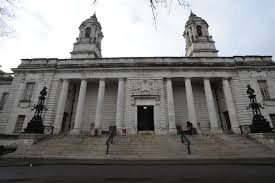
The most serious crimes were kicked upstairs to be tried in Cardiff Crown Court, and both had dedicated reporters, although they aren’t there now.
This was the bedrock of my knowledge about how the law works – an essential quality for an investigative journalist – and again it shows the huge importance of EXPERIENCE in the job, as well as knowing about the historical background to events.
I remember covering picketline violence during the ’84 to ’85 miners’ strike. Hostility towards the media was very real, even though that should never have been directed at reporters from local newspapers. On the SWE, for example, we knew a large chunk of our readership was based in mining communities.
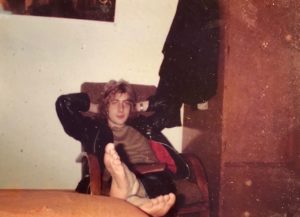
This was all eye-opening stuff to a sensitive, fresh-faced youngster straight from university!
It was also startling to be confronted with what seemed like the incredible array of characters on the paper then.
One shambling slovenly reporter didn’t have time to eat, so he kept a meat pie in his pocket. Another was excellent in the morning, but couldn’t be relied upon to provide accurate copy in the afternoon because that was after he had been to the pub and had had a few drinks. An extremely glamorous older woman (although far younger than I am now) wrote an esoteric almost incomprehensible column, but was favoured by the then Editor, Geoff Rich.
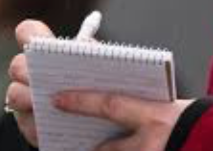
On one famous occasion I watched through the corner of my eye as ‘Minto’, thumped a reporter because he was swearing at him in front of his daughter who’d come to pick him up, and his victim fell at my feet as I sat perched on one of the desks talking to a friend.
This extraordinary incident happened because ‘Minto’ had not signed the reporter’s expenses, which he relied on, and he would be left without money for the weekend.

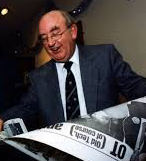
Screams echoed around the newsroom as people realised what had just happened.
Mr Rich (even now I find it hard to shake that ‘Mr’ off!) who is also now dead, although less missed among journalists than ‘Minto’, called him in to find out what had happened.
We would also cover major UK and international stories on the SWE, as well as events in South Wales, but every day started with a news ‘conference’ held by Mr Rich, for which everyone had to put on their jackets.
All the key departments like news, sport and features, attended the morning conference.
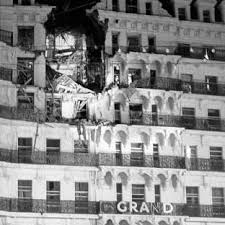
During our on-the-job training, we were sent to be sub-editors for three months, and it was in this period, I remember, that we covered the Brighton bombing, which involved taking in ‘national’ (by which I mean UK) copy and photographs.
One reporter who was always late, knew he could slip into the back of the newsroom when ‘Minto’ had gone into conference.
The stories I found most difficult, however, included the ‘death knock’ when you would have to visit the family of a child or adult who had been murdered, or killed in an accident. In those days it was vital to get a picture (the ‘pick-up pic’), because there was no social media to take it from. You would always lie to ‘Minto’ and say there was nobody in, and he would invariably know you were lying as he asked you to try the neighbour!

I remember on one occasion, when I had plucked up the courage to knock on the right door, I had effectively to ‘perform’ in front of all the relatives, as they sat around pissed. When I finished my spiel, including the bollocks about it being a ‘tribute’ to the dead child, one of them silently got up and gave me a picture. Another time, after a child had died following a fall from a tree – his parents WOULD give me a tearful interview, but WOULDN’T give me a picture.
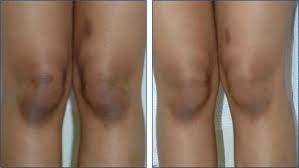
In reporting stories like these, you were ‘allowed’ a certain level of expenses (or ‘exes’) to bump up your pay – all completely illegal of course as it was untaxed income! I was ‘allowed’ £8 a week, but on one occasion I had the audacity to increase the ‘claim’ to £10, however ‘Minto’ took it down again, saying sternly “we can’t have this”.
Again, although it was decades ago, this was all part of “getting your knees brown”, as ‘Minto’ used to say, or EXPERIENCE and having a HISTORY in the job, which bring with them the knowledge of how to cover present day events.
If only Putin would realise this…

The memories of Phil’s astonishing, 38 year award-winning career in journalism (during which crucial experience has been gained) as he was gripped by the rare neurological disease Hereditary Spastic Paraplegia (HSP), have been released in a major book ‘A GOOD STORY’. Order it now!
Publication of another book, however, was refused, because it was to have included names.
Tomorrow – how the controversial pundit and television chat show host, Jonathan ‘Jiffy‘ Davies, who was publicly condemned as “annoying as fuck” by a former professional rugby player appointed the new coach for a top Welsh team, faced a barrage of criticism for his commentary style during the weekend’s rugby league final, including from a senior Editor with UK newspapers.







